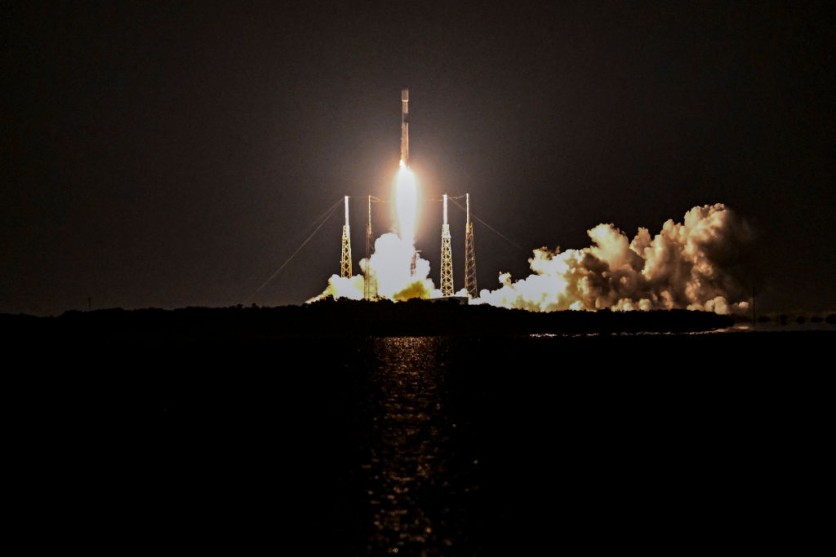SpaceX's Starlink is getting slow for some users, which contradicts its initial launch that was promoted for its lightning-fast speeds. However, it seems that the more people use the satellite internet service, the slower it gets, according to a report by Interesting Engineering.

A report from PC Gamer states that Starlink users in the US and Canada are experiencing slower download speeds in the past months, and this may be due to the congestion considering the number of people who are subscribing to the service.
"Starlink speeds decreased in every country we surveyed over the past year as more users sign up for the service," according to a report from Ookla. In the US alone, the average download speed dropped from 90 Megabits per second (Mbps) to 62.5 Mbps.
The Need for More and Better Regulations and Research
SpaceX continues to launch its satellites into orbit, which could lead to congestion that also has astronomers worried. In fact, astronomers and scientists are pushing for more and better regulation and research into the potential environmental effects of satellite mega-constellations. Even NASA warned that Starlink satellites could compromise its ability to detect an asteroid that could cause damage to the Earth.
On the other hand, SpaceX has announced that it will implement new measures that will make its satellites invisible to the naked eye.
Also Read: Starlink Maritime: Boat Satellite Internet Coming-Elon Musk Explains Why It's Expensive
Satellite Congestion
SpaceX has over 2,000 operational Starlink satellites in orbit with over 500,000 active subscribers. As mentioned, the company continues to send satellites into orbit with periodic launched of up to 53 satellites orbit at a time via the Falcon 9 rocket.
The slowdown of the internet speed may be due to the growing number of subscribers. However, it's still worth noting that Starlink is still faster than its satellite internet competition. Unfortunately, an internet speed that is around the 60 Mbps range isn't what the subscribers signed up for. Originally, SpaceX said that their customers can expect a speed of between 100 and 200 Mbps.
With a higher number of satellites, obviously, further congestion is imminent. If a fix is not done soon, Starlink could take a hit from its subscribers. The need for more and better regulations and research, from both NASA and private organizations, is called for to ensure that satellite mega-constellations don't disrupt the space debris and cause problems for other satellites in orbit.
The Future of Satellite Internet
This has put further spotlight on the satellite internet industry and the need for more research and regulation. While Starlink is just the beginning, will it go down in history as the start of the space-age internet that we've always hoped for? Will other satellite internet providers take after SpaceX and build out huge constellations of satellites? Only time and research can tell.
Related Article: Tesla Enhances Supercharger Experience With Starlink Internet Systems!
This article is owned by Tech Times
Written by April Fowell




